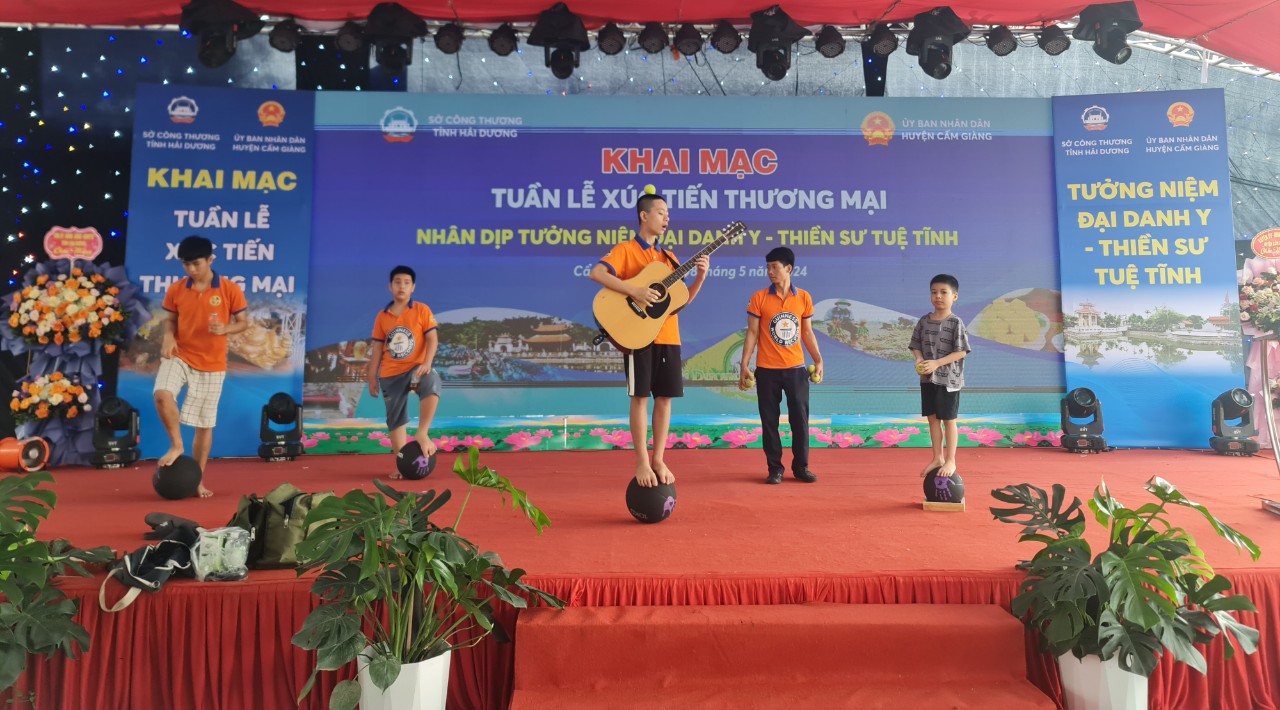Ts-Lương y Phan Quốc Việt, KLG Nguyễn Khắc Hưng
Lương y Vũ Văn Chức, Lương y Lê Kim Dung, Lương y Lưu Anh Chức
In a dynamic world where educational needs and technological landscapes evolve rapidly, Tâm Việt EduEco stands at the forefront of an ambitious journey. Recognizing the limitations of traditional change management, the organization has embarked on a strategic pivot towards transformation management—a move that promises not only to navigate change but to master it.

The Shift from Change to Transformation
Change management, as traditionally practiced, focuses on implementing and controlling change initiatives to minimize disruptions. However, this approach often falls short when dealing with the scale of change necessary in today's fast-paced environment. Tâm Việt EduEco has recognized this gap and is transitioning to transformation management, which emphasizes profound, systemic changes to the organization's core.
This strategic shift is not just a rebranding of old ideas but a fundamental rethinking of how the organization responds to internal and external pressures. Transformation management at Tâm Việt EduEco involves a holistic overhaul of business processes, organizational culture, and overall strategic direction. It's about aligning the company's long-term vision with its operational capabilities, ensuring sustainability and growth in a competitive educational sector.
.jpg)
Philosophical Underpinnings of the New Strategy
The philosophical driver behind this shift is the acknowledgment that "change is the nature of everything." This realization infuses a deeper understanding that managing change isn't about controlling it but integrating it into the fabric of the organization. Furthermore, the critical notion that "Change doesn't change" challenges the traditional episodic approach to change management, advocating instead for a continuous, integrated transformation process.
Moreover, distinguishing between incremental change and transformational shift has been pivotal. While the former involves small-scale improvements within existing frameworks, the latter represents comprehensive, ground-up reforms that can redefine the organization. Tâm Việt EduEco's strategy now involves balancing these two types of change—leveraging incremental improvements for efficiency and embracing transformational shifts for innovation.
.JPG)
Implementing Transformation Management
Operationalizing this new strategy involves several key components:
- Data-Driven Decision Making: Utilizing advanced analytics to drive decisions, ensuring that strategies are aligned with real-world dynamics and organizational capacities.
- Continuous Learning and Adaptation: Establishing mechanisms for ongoing organizational learning and adaptation, fostering a culture where continuous improvement is the norm.
- Stakeholder Engagement: Engaging all stakeholders—including employees, students, and partners—in the transformation process, ensuring their needs and insights help shape the future of the organization.
- Balanced Resource Allocation: Efficiently allocating resources between maintaining operational excellence and investing in radical innovation.
Integrating Evidence-Based Practices: The Case of Nguyen Khac Hung
A compelling illustration of the practical application of evidence-based practices in transformation management is seen in the journey of Nguyen Khac Hung, a young achiever whose life story underscores the effectiveness of tailored, evidence-based interventions in achieving exceptional outcomes.
Background of Nguyen Khac Hung
Nguyen Khac Hung, born on September 16, 2009, in Dong Hieu Commune, Thai Hoa District, Nghe An Province, overcame significant personal challenges to achieve remarkable success. Diagnosed with severe autism, with a CARS score of 47/60, and facing the early loss of both parents, Hung's circumstances could have easily led to very different outcomes. However, his trajectory changed through the application of specific, evidence-based interventions that addressed his unique needs and leveraged his inherent talents.
.png)
Application of Evidence-Based Practices
1. Personalized Learning Approaches: Hung’s educational and developmental interventions were based on the latest research in autism education, which emphasizes personalized learning environments and tailored instructional strategies. This approach enabled him to engage with learning materials in a way that suited his cognitive and emotional needs, facilitating better outcomes.
2. Therapeutic Interventions: Evidence-based therapeutic interventions, including behavioral therapies and social skills training, were integral to his development. These therapies are designed to enhance communication, interaction, and practical skills, enabling individuals with autism to achieve greater independence and success.
3. Community and Social Support: The support from community resources and networks played a critical role in providing a supportive environment for Hung. This aligns with evidence showing the positive impact of community support on the development of individuals with disabilities.
Results and Achievements
The results of these evidence-based interventions are clear in Hung’s achievements. He set a Guinness World Record for "Longest duration juggling three objects whilst on a balance board with 2 inverted bottles on the head" for 12 minutes and 23 seconds. This record not only showcases his unique skills but also highlights his capacity to excel in highly challenging tasks. Hung’s aspirations to become a serial record-breaker and an internationally recognized public speaker advocating for disabled children further illustrate the transformative power of evidence-based practices.
.jpg)
Conclusion
As Tâm Việt EduEco continues its journey from change management to transformation management, it stands as a beacon for others in the educational
sector, demonstrating that embracing profound, systemic change is not only necessary but advantageous. This strategic pivot is not merely a response to external pressures but a proactive move to redefine what it means to be an educational leader in the modern world. The integration of evidence-based practices, inspired by cases like Nguyen Khac Hung, underscores a commitment to achieving sustained and effective change, navigating complexities, and fostering an environment where both incremental improvements and radical transformations drive organizational success.
#TâmViệtEduEco #KhacHung #GWR #TalentDevelopment